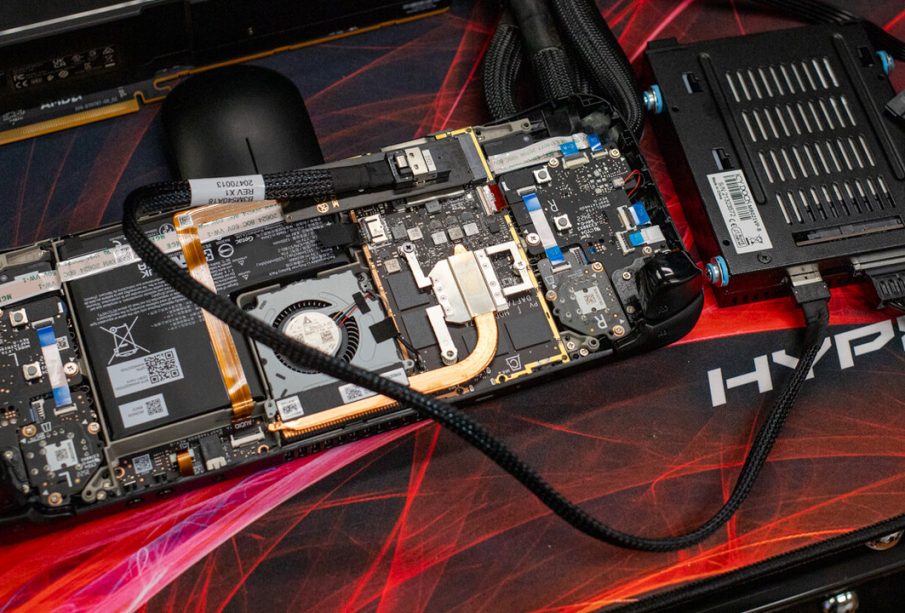Understanding Steam Servers and Their Impact on Gaming

Introduction
Steam servers play a crucial role in the online gaming ecosystem, serving as a backbone for millions of players worldwide. Developed by Valve Corporation, Steam has evolved into a prominent platform not only for game distribution but also for community engagement and multiplayer functionalities. With the gaming industry continuously growing, understanding the significance and operation of Steam servers is more relevant than ever for gamers and developers alike.
What Are Steam Servers?
Steam servers are the network infrastructure that supports game downloads, updates, and multiplayer interactions on the Steam platform. These servers facilitate connections between players, enabling them to compete, collaborate, or communicate within various game titles. To ensure seamless gameplay, Valve has strategically placed servers across different regions, reducing latency and improving connection stability.
Recent Developments
In October 2023, Valve announced several enhancements to its server infrastructure aimed at improving user experience. This includes the implementation of new data centres in regions with growing player bases, such as Southeast Asia and South America, which historically faced connectivity issues. These upgrades not only enhance performance but also ensure that more users can access Steam services without significant delays.
Moreover, Valve’s recent focus on cloud gaming has implications for the evolution of Steam servers. With the rise of services like Steam Deck and the push towards cloud-based gaming solutions, Valve is investing in server technology that supports high-performance streaming while ensuring the integrity of online interactions and transactions.
The Importance of Reliable Servers
Reliable Steam servers are essential for maintaining player trust and engagement. Disruptions or downtimes can lead to player frustration and dissatisfaction, often reflected in user reviews and overall game popularity. In recent polls, players cited server reliability as one of the top factors impacting their gaming experience, driving developers to sustain robust server operations to retain user loyalty.
Looking Ahead
As the demand for online gaming continues to surge, the significance of effective server management will only increase. Valve’s ongoing investments in expanding their server networks and enhancing performance capabilities highlight their commitment to providing a quality service. For players, this means improved gameplay experiences, while developers benefit from a more reliable platform to launch and support their games.
Conclusion
In conclusion, Steam servers are a vital component of the gaming landscape, fuelling the online experience for millions around the globe. As gaming technologies evolve, the strength and reliability of these servers will play an ever more critical role in shaping the future of interactive entertainment. For both gamers and developers, staying informed about server functionality and improvements will remain essential in navigating the digital gaming world.

